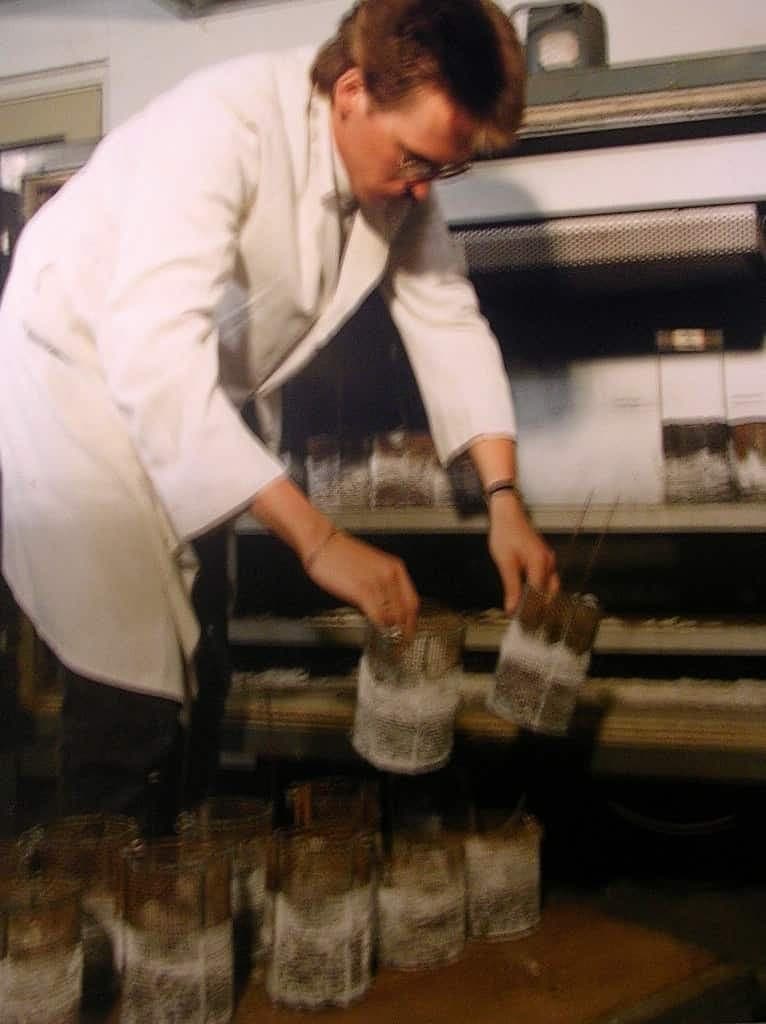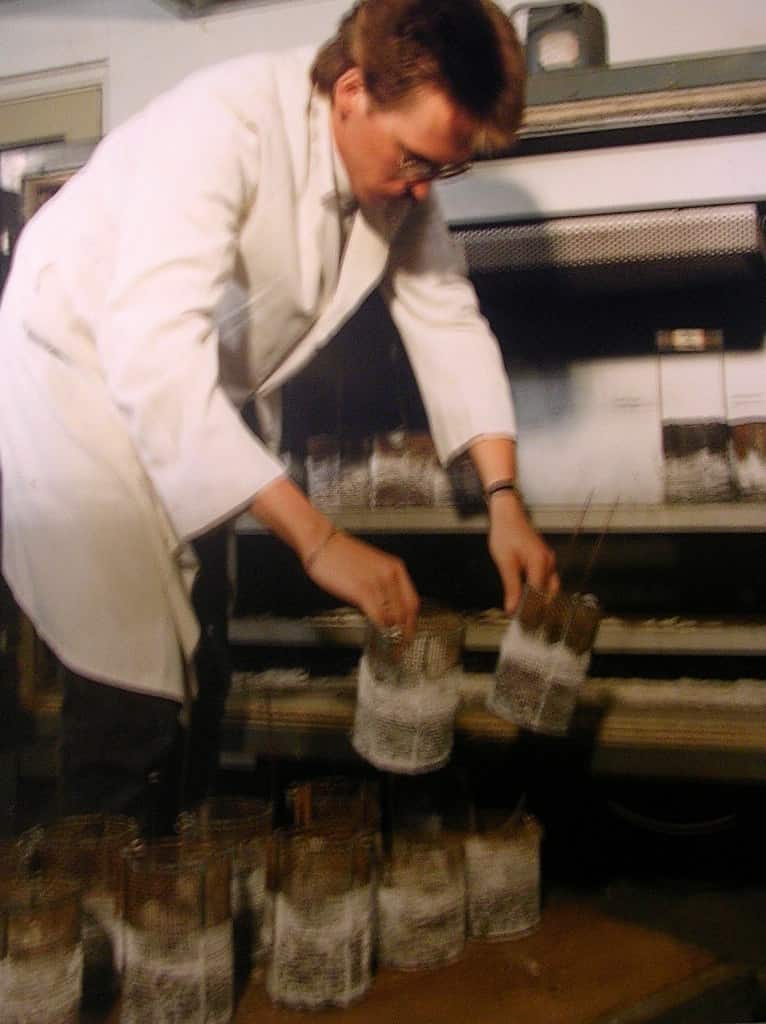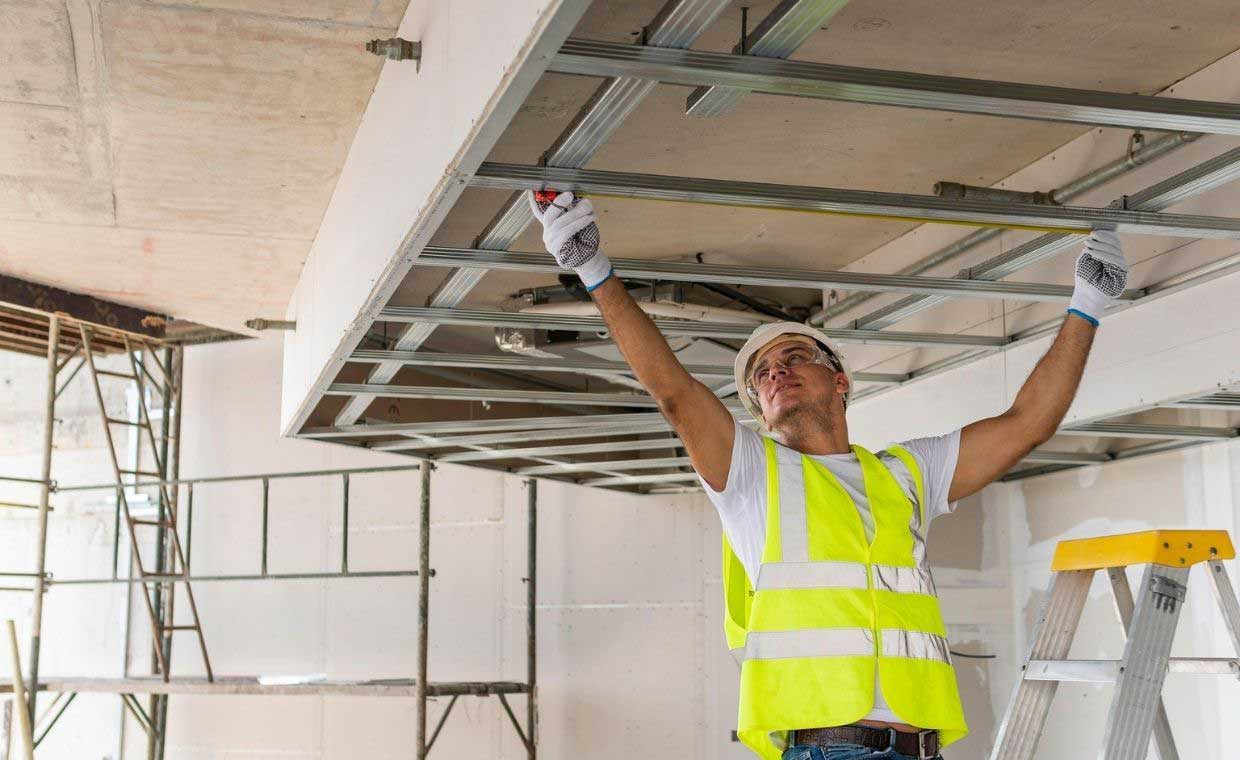
Aggregates are the most important constituents in concrete. They act as structural filler in the concrete. They give body to the concrete, reduce shrinkage and effect economy. They are available in different types depending on their uses. Most of the aggregates used in construction, are naturally occurring aggregates such as sand, crushed rock and gravel.
Aggregate plays an important role in construction. Aggregates affect, to a great extent, the load transfer capability of pavements. Hence, it is essential that they should be thoroughly tested before using for construction. There are various tests are carried out to check the quality of the aggregate like abrasion test, impact test, soundness test, flakiness index test, etc.
Soundness Test on Aggregate
The soundness test on aggregate is carried out to learn the resistance of aggregates to weathering actions like thawing, freezing, alternate wetting and drying in normal conditions and in salt water, variation in temperature. When subjected to above stated conditions, aggregates which are weak, porous, and contains any irrelevant matters, can drastically undergo volume change. If the resistance against weathering action is good for aggregate, then it will have high durability.

To determine the durability of those weak aggregates, soundness test is specified in IS: 2386 Part-V. Carefully graded and weighed test samples of aggregates soak into either sodium sulphate or magnesium sulphate solution and oven dried it under specified conditions. The growth of salt crystals in the pores of the test sample is considered to produce disruptive internal forces similar to the action of freezing of water or crystallization of salt. After specified number of cycles, loss in weight is measured.
As a general guide, after 10 cycles the average loss of weight should not exceed 12% & 18% when tested with sodium sulphate & magnesium sulphate respectively.





































